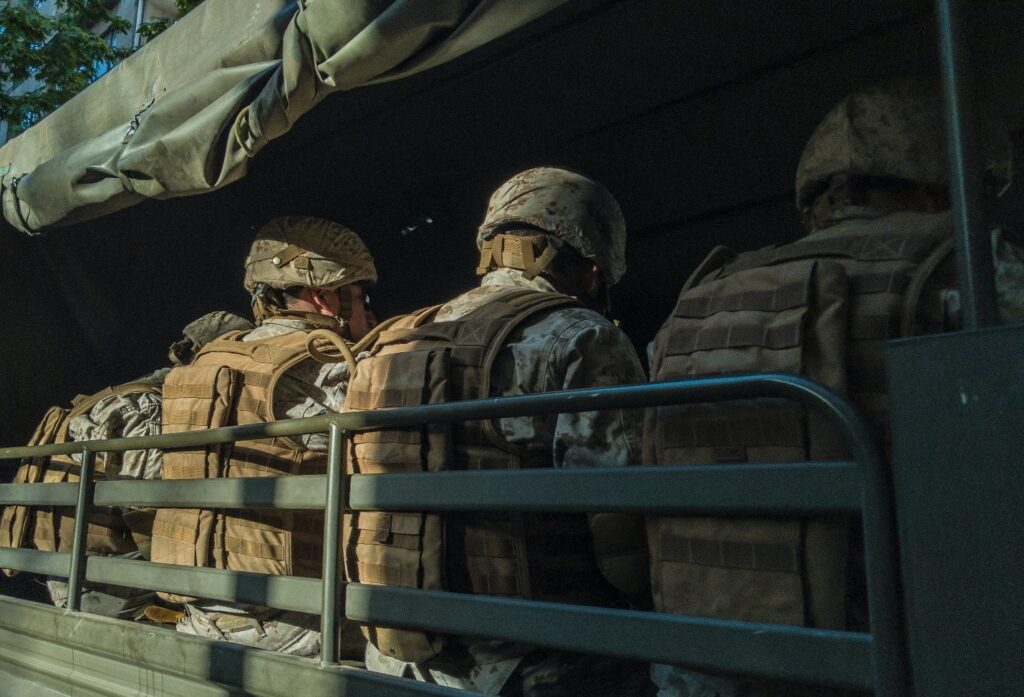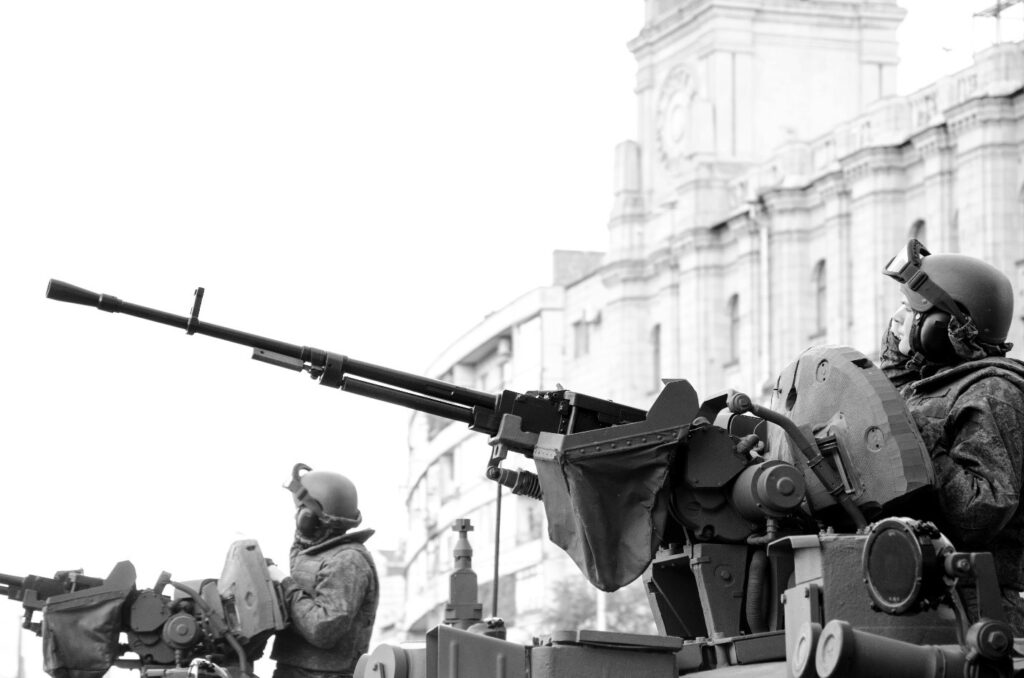The subject of military expenditure is not just a matter of fiscal consideration; it is a resounding echo in the corridors of intellectual discourse. The consequential weight of war costs, entailing both immediate military outlays and the enduring economic aftermath, casts a shadow of profound import over a nation’s financial equilibrium.
The first and most obvious effect of excessive military spending is the financial burden it places on a country’s balance sheet. The government’s spending on the military always takes up a large amount of its budget, frequently surpassing the funds allocated to other critical areas like infrastructure development, healthcare, and education. The financing pool for social programmes, which are essential to a country’s population’s well-being and potential production, may be reduced as a result of this fiscal reserve being diverted to the arsenal.
In addition, the cost of sustaining a permanent army, navy, and air force, in addition to the ongoing research and acquisition of state-of-the-art weapons, raises the possibility of massive debt loads. Governments frequently turn to borrowing in an attempt to pay for these enormous expenses, which causes the national debt to soar to unimaginable heights. Precious resources are taken away from essential public services by the interest payments associated with this ever-increasing debt, starting a disastrous cycle of financial constraint.

The threat of inflation also looms big as a result of enormous military spending. The military apparatus receives a large portion of government funding, which causes demand for products and services to rise and possibly surpass supply. This disagreement tilts the balances in favour of skyrocketing costs, making basic needs unaffordable for the average person. The ability of inflation to weaken the purchasing power of the public amplifies economic imbalances with a resolute determination.
Warfare has a much greater financial cost than just the initial costs of using force. War and military conflicts can have devastating effects that linger for a long time and plant the seeds of severe economic division in the trade and commerce sector. Trade disruptions can arise from embargoes, sanctions, or the harsh reality of battle. These events have the potential to destabilise supply lines and marketplaces, which are vital to governments. These disruptions always bring with them the prospect of trade imbalances, with exports declining and military armaments and supplies increasing in imports.
In parallel, the theatre of war unfailingly begets a tempest of uncertainty in financial markets, a tempest that imperils investments and economic prosperity. Investors, creatures inherently averse to risk, recoil in the face of geopolitical tumult, thrusting stock markets and exchange rates into a turbulent dance of volatility. This volatility, a foreboding harbinger of disquiet, has the power to stifle investment within a nation, thereby fettering economic growth and the vital creation of jobs.
A particularly disquieting facet of military expenditure is the concept of opportunity cost. The resources channelled into the juggernaut of defence hold the potential to be employed in domains that promise more substantial economic dividends, such as education, healthcare, or infrastructure. These investments possess the transformative power to enrich a nation’s productivity and bolster its competitiveness on the global stage, thus nurturing the seeds of a more sustainable and robust economic growth.

Most importantly, we need to consider the long-term effects of excessive military spending. Governments tend to focus on the short-term benefits of defence spending, such as job creation and the growth of the military-industrial complex, and are often fixated on this. However, these choices could have long-term economic consequences that outweigh the initial benefits. Long-term loss of a country’s collective human capital could result from the opportunity cost of redistributing funds from infrastructure, healthcare, and education to a workforce that is less healthy and educated.
Unquestionably, the cost of war and ostentatious military expenditures has a significant and far-reaching impact on a country’s economy. These consequences manifest as increased tax burdens, skyrocketing debt loads, inflationary pressures, disruptions in trade, volatility in the market, and missed opportunities for economic growth. Although there is no question about the necessity of national defence, a prudent balance needs to be struck to prevent the depletion of a country’s long-term economic vitality.
Prudent reflection upon the intricate web of trade-offs and ramifications entailed by military spending is an intellectual mandate of paramount significance. It is through such discerning contemplation that a nation can forge the path to a robust and resilient economy, one that stands resolute in its capacity to nurture the well-being of its citizens.
Sources
- https://www.investopedia.com/articles/investing/072115/how-military-spending-affects-economy.asp#:~:text=The%20economic%20cost%20of%20defense,better%20fighter%20planes%20and%20weapons.
- https://watson.brown.edu/costsofwar/costs/economic
- https://www.jstor.org/stable/24737375
- https://epsjournal.org.uk/index.php/EPSJ/article/viewFile/13/5




